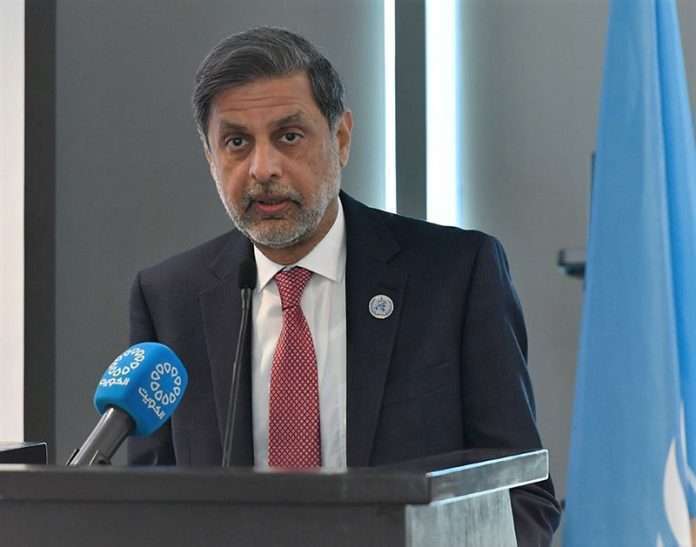The World Health Organization (WHO) stressed the importance of building a climate-flexible health system in Kuwait in order to achieve sustainable development targets and determine the health critical risks of climate, shedding light on requirements of adaption, WHO Representative in Kuwait Dr. Asad Hafeez said Wednesday.
He added in remarks to KUNA on the sidelines of a workshop organized by WHO, titled “Climate change, health vulnerability and adaptation assessment”, held in cooperation with the environmental health unit at the Ministry of Health, to determine the weak points of high priorities, and adaption measures related to climate change and health. Climate change is an international urgent issue that requires treatment, regarding its negative impact on human health, as it is capable of undermining decades of progress in global health, and presents achievement of sustainable development, he affirmed.
WHO in Kuwait carried out a national training workshop regarding the health impacts of air pollution in the year 2022, to build critical capabilities with the utilization of a programming tool related to WHO, allowing to measure calculations of the health impacts resulting from exposure to air pollution, called (AirQ+), he said.
The latest reports indicated the increasing threats climate change is forming in the current world, especially in the region located in the eastern Mediterranean Sea, including the increase of severe high temperatures, and sand storms, that has a direct and indirect effect on humans and their health. – KUNA

















